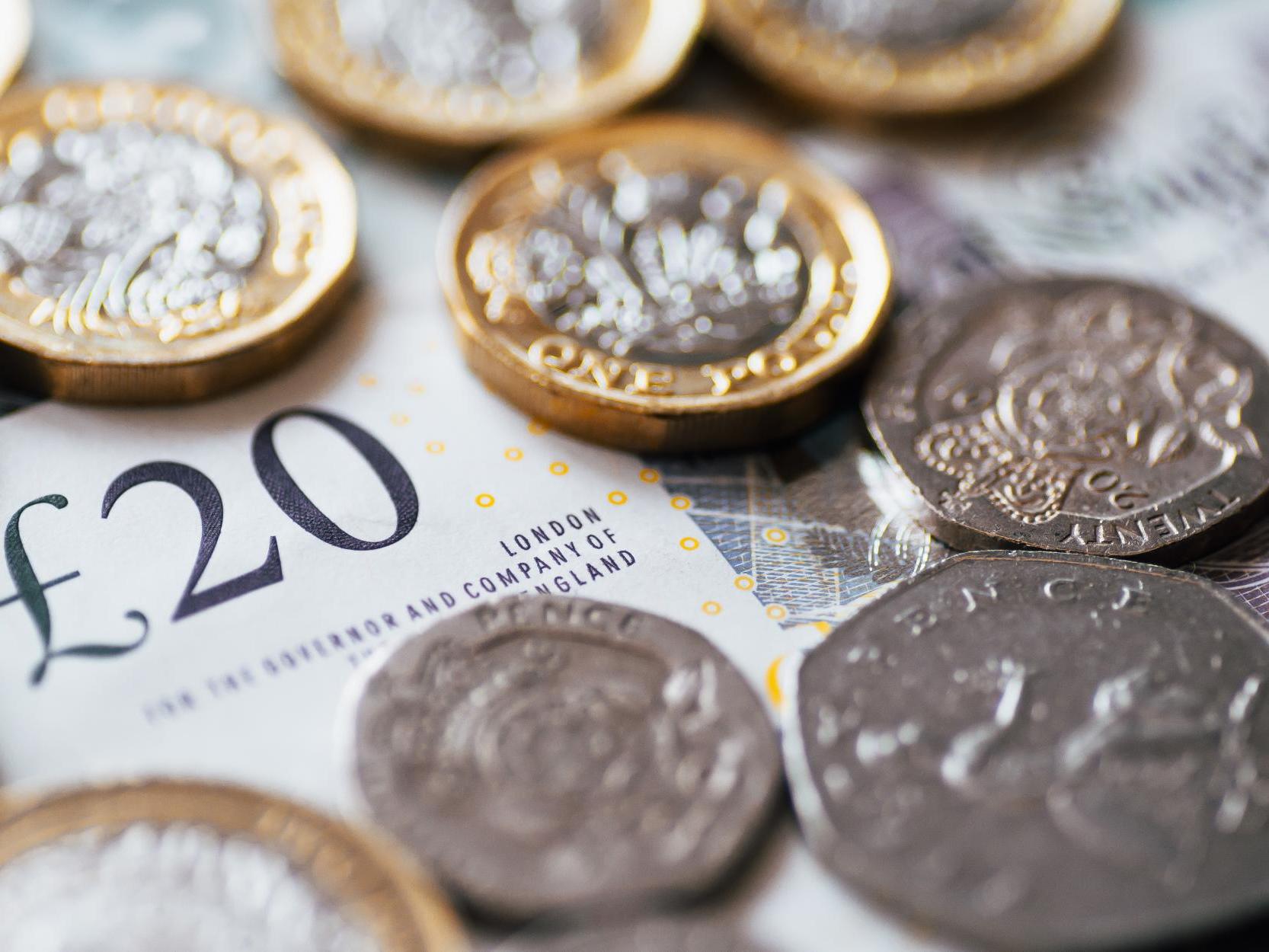How January pushes the poorest towards the priciest debt
The month is ‘five weeks of hell’

Your support helps us to tell the story
From reproductive rights to climate change to Big Tech, The Independent is on the ground when the story is developing. Whether it's investigating the financials of Elon Musk's pro-Trump PAC or producing our latest documentary, 'The A Word', which shines a light on the American women fighting for reproductive rights, we know how important it is to parse out the facts from the messaging.
At such a critical moment in US history, we need reporters on the ground. Your donation allows us to keep sending journalists to speak to both sides of the story.
The Independent is trusted by Americans across the entire political spectrum. And unlike many other quality news outlets, we choose not to lock Americans out of our reporting and analysis with paywalls. We believe quality journalism should be available to everyone, paid for by those who can afford it.
Your support makes all the difference.For many people, this is now the fifth week since the last payday – and for a significant number that’s causing serious problems.
December is an expensive month, which is why an early payday is so welcome for so many. It helps to pay for Christmas costs but can leave people struggling even more once the festivities are over.
Worryingly, there’s evidence that millions of people are feeling pushed towards payday loans and other high interest, short-term lending as they struggle to make it through to their January payday.
FairMoney, a fair loan comparison website, has warned of “five weeks of personal finance hell” and warned that “dodgy lenders” are “plaguing the poor” this new year, with four out of 10 people paying more than 25 per cent in interest for average loan amounts that fall under £500.
The aggregator carried out research into the amount of interest people are paying for the credit they have relied on and discovered that 41 per cent of respondents were paying the highest rates of interest for their loans and credit cards: ranging from 25 per cent to a staggering 1,500 per cent.
And even before a long January, many people admit falling into debt over the Christmas period. Eight out of 10 Britons surveyed by Wagestream, a company that promotes flexible earnings access among businesses, admitted they went over-budget in December.
In fact, British workers put an average of £252.30 of their Christmas spending onto credit cards or loans. It will typically take them more than four and a half months to clear that festive debt, which will mean a particularly expensive start to the year for those borrowers forced to rely on expensive payday loans and high interest credit cards.
Peter Briffet, co-founder of Wagestream, says: “The payday poverty cycle results in high stress, anxiety and often, high cost credit, for many of British workers.
“This is especially true in January, when workers are feeling the hangover from their Christmas spending, and are facing a long gap between paydays. With the pressure to create the perfect Christmas, it’s not surprising that workers [turned] to credit and loans to pay for it.”
‘Abandoned by the mainstream’
Millennials and younger adults are particularly affected by the cost of credit, with those aged between 18 and 34 borrowing far more on average than older debtors. This age group has an average loan value of £4,084, compared with £1,769 for those aged 55 and over.
Many of those paying the highest rates of interest say they feel abandoned by the more mainstream banks’ lending systems. In fact, 62 per cent of people who told FairMoney they had turned to a payday loan company had already been refused a loan elsewhere up to three times.
FairMoney founder Roger Gewolb says: “With such a difficult month ahead, Brits need access to fast and fair finance to aid them – especially through months of hefty fuel bills this winter.
“There are 14 million living in poverty in the UK and these people need an injection of cash to assist in paying for even rent and utility bills. We are a decade on from the financial crash of 2008 and things need to drastically change.
“Brits are receiving credit card bills post the Christmas blow out and for many, this will not be pleasing to read. Christmas is crippling consumers and Brits need to be assured that even those with substandard credit have access to fair finance to have an adequate standard of living.”
He says “one of the biggest atrocities in society” is that the poorest people are targeted by lenders charging the highest rates.
Not just for Christmas
While Christmas spending and the long January gap between pay cheques might have fuelled an increase in debt just recently, it comes against a backdrop of rising household debt throughout the whole of 2018.
Analysis published by the TUC has shown that household debt levels rose sharply last year, with unsecured debt reaching new highs of £15,385 in the third quarter of 2018. That’s an increase of £886 compared with a year earlier.
TUC general secretary Frances O’Grady warns millions of households are reliant on debt to get by. She says: “Household debt is at crisis level. Years of austerity and wage stagnation has pushed millions of families deep into the red.
“The government is skating on thin ice by relying on household debt to drive growth. A strong economy needs people spending wages, not credit cards and loans.”
Join our commenting forum
Join thought-provoking conversations, follow other Independent readers and see their replies
Comments